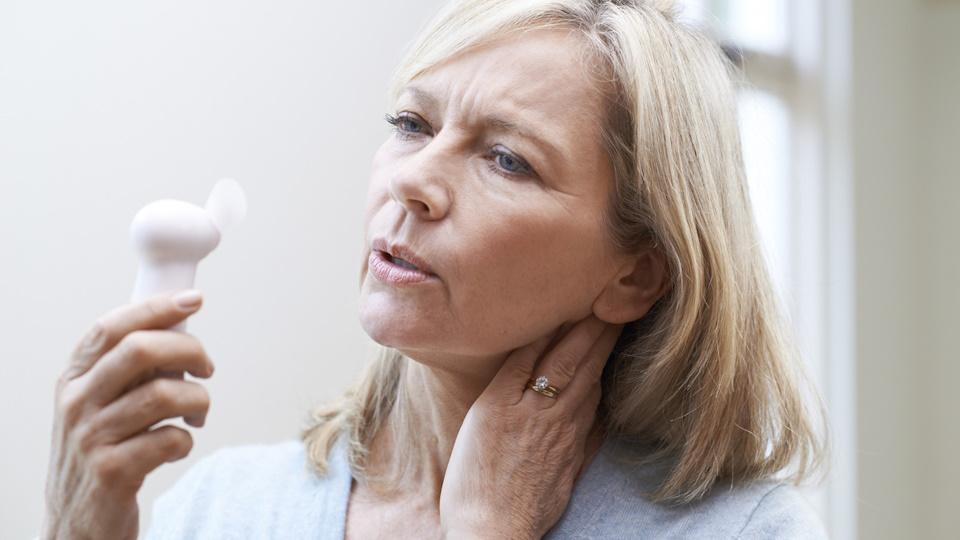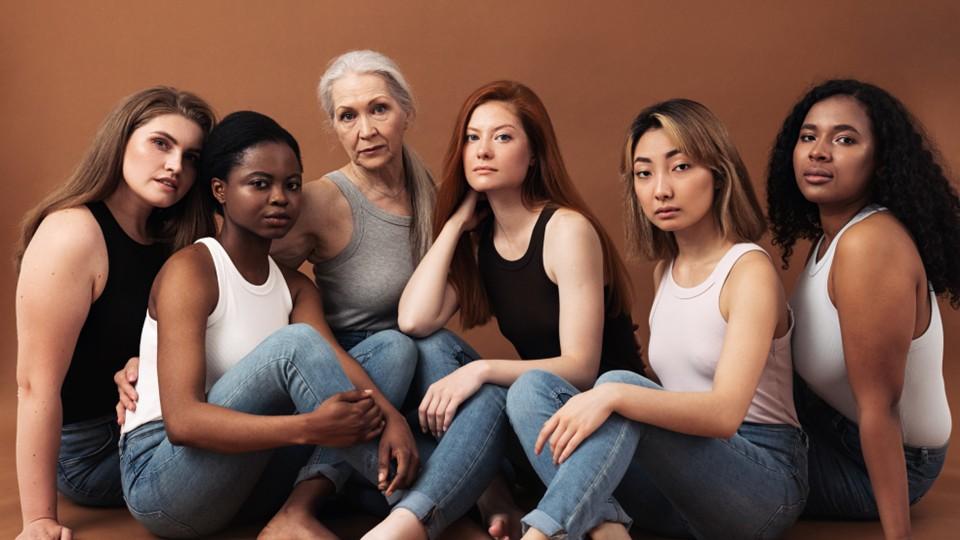Bayer cues up filings for rival to Astellas’ menopause drug

Armed with new phase 3 data, Bayer has started preparing filings for elinzanetant as a treatment for vasomotor symptoms (VMS) associated with menopause, setting up a challenge to Astellas’ first-to-market Veozah.
Bayer has announced topline results from the OASIS 3 study looking at the long-term efficacy and safety of elinzanetant, rounding out a trio of phase 3 trials that the German pharma group has been running in support of the oral neurokinin 1, 3 antagonist as a treatment for VMS.
In the study, elinzanetant outperformed placebo over 12 weeks on efficacy measures, including the frequency of moderate to severe VMS like hot flashes, and also supported the safety and tolerability of the drug over 52 weeks, according to a statement from the group.
Bayer’s global head of R&D, Dr Christian Rommel, said that the data would be presented at a future medical conference as the company “moves towards submitting to health authorities.”
The company hasn’t given a timeline for those regulatory filings but will no doubt want to move quickly as it chases after Astellas, which claimed approval for NK 3 antagonist Veozah (fezolinetant) last year, becoming a non-hormonal alternative to conventional hormone replacement therapy (HRT).
HRT can be highly effective for treating hot flashes, but isn’t recommended in some women, such as those who have an elevated risk of stroke, heart attack, or some forms of cancer.
So far, Veozah hasn’t made the headway in the market that Astellas was hoping for, saying earlier this year that it was modelling sales of around $50 million in the current fiscal year ending on 31st March. At one point, the drugmaker was predicting sales could reach between $2 billion and $3.3 billion but is in the process of revising that estimate.
One possible reason for the slow uptake could be an increase in the use of HRT on the back of reduced fears of side effects – thanks in part to newer formulations designed to reduce risk – as well as studies pointing to additional benefits, including improved mental health, as well as potentially cognitive health.
HRT is also considerably cheaper, as Veozah was launched with a list price of around $550 per month, roughly three times the price that the Institute for Clinical and Economic Review (ICER) said would be cost-effective in a report on the drug. Astellas has previously indicated that Veozah’s uptake in the US has been held back by payer coverage issues.
VMS is reported by up to 80% of women at some point during menopause, and around a third report severe VMS, which can last 10 years or more after the last menstrual period.
OASIS-3 lead investigator Prof Nick Panay of Imperial College Healthcare NHS Trust, who is also president of the International Menopause Society, said there is still a “critical” need for new therapeutic options for women in menopause.
“These results, coupled with the recent announcement of topline data for OASIS 1 and OASIS 2, strengthen our confidence in the proposed efficacy and safety of elinzanetant as a potential non-hormonal solution for women experiencing menopause-related symptoms.”
Bayer recently added a fourth trial to the phase 3 programme for elinzanetant, OASIS 4, that will test the drug’s ability to treat VMS associated with endocrine therapy of breast cancer.













